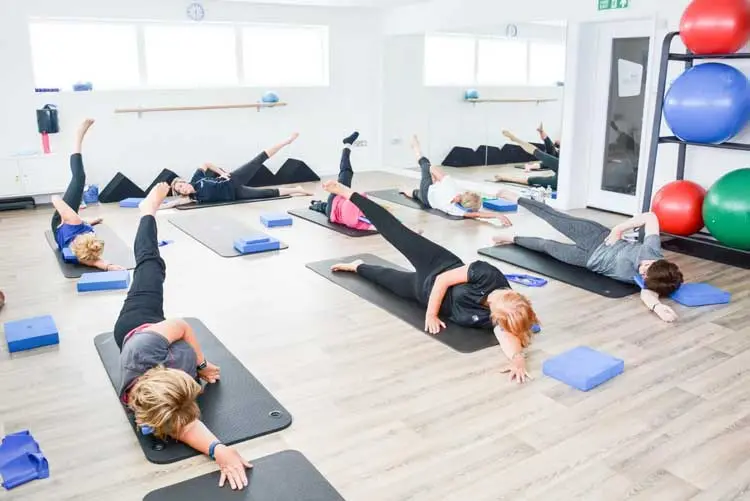Football season is just round the corner. We tend to get peaks in injury rates – the first one at the start of the season, when players have returned to football after a bit of a break, slightly de-conditioned (maybe!) with less fitness and flexibility. We get another peak towards the end of the season, when training and matches have taken their toll.
Here are some of the most common injuries we see in footballers.
Hamstring Strains
Strains refer to tears within the muscle. These can occur at different locations and to different degrees of severity which are graded from 1-3. A grade 1 tear refers to mild damage to soft tissues (<5% of fibres) with minimal loss of function, often referred to as a ‘pulled muscle’. Grade 2 tears occur when more extensive damage is present, but the muscle isn’t completely ruptured. Grade 3 tears refer to a torn or ruptured muscle. Once fatigued, the hamstring muscles become very susceptible to injury. In order to prevent hamstring injuries it is vital to carry out an effective warm up prior to training and matches. You can read more about warming up effectively here. If you sustain a hamstring injury it is important to control the swelling by compressing and elevating the injured area. Apply ice for pain-relief if necessary. Any type of injury to the hamstrings should be reviewed by a professional to determine any the root cause and prevent recurrence.
Sprained Ankle
Sprains occur commonly when the ankle is rolled inwards, causing damage to the ligaments and the joint capsule on the outside of the ankle. Bleeding within the joint causes swelling to occur, which again should be managed with compression and elevation. Weight-bearing activities should commence as soon as they are tolerated. Medical advice should be obtained regarding an appropriate rehabilitation protocol for the injured ankle. Disruptions in balance and proprioception are to be expected following this type of injury and without rehabilitation recurrent sprains can occur. Strength, balance, coordination and stability must all be addressed before returning to sport.
Knee Cartilage Tear
Torn cartilage (menisci) are common complaints in football. This injury often occurs when the knee is forced to rotate and bend while the foot is planted on the floor. This can happen if a player turns too quickly or is impacted from the side of the knee. This mechanism of injury can also cause damage to other structures surrounding the knee, therefore it is imperative that you seek examination by a trained professional following a suspected injury to the meniscus. These conditions can be treated conservatively however surgical intervention may be recommended depending on the severity or location of the tear. Immediate after care should consist of compression, elevation and rest. Apply ice for pain-relief if necessary. If surgery is not required, an appropriate strength and conditioning protocol should be followed to facilitate a safe return to sport with the least chance of recurrence.
Anterior Cruciate Ligament Injury
Injury to this ligament deep within the knee joint can occur when a player decelerates or changes direction rapidly. Like meniscus injuries the ACL can also be damaged by forceful rotation of the knee whilst the foot is planted on the floor. Immediate after care should consist of protection (knee brace), compression and elevation while resting. A medical examination is crucial to determine the severity of the injury. Surgical reconstruction may be indicated. In either case conservative management is often the preferred option to rehabilitate the injured player back to full health or to prepare the injured limb for surgical intervention. This ‘pre-hab’ facilitates recovery rates and allows a quicker return to sport with less chance of recurrence.
Hernia
Hernias can occur when the pelvic region undergoes large stresses in the form of sprinting, changing direction or kicking forcefully. The most common in footballers are inguinal hernias or a sports hernia (Gilmore’s groin). It is important to note that in the case of a sports hernia protrusion of abdominal soft tissues is not present, but injury to the inguinal canal and/or adductor muscles will occur. These conditions commonly go unnoticed until symptoms progress. The player may experience soreness in the groin area with activities such as sitting up or getting in/out of a car. Any movement that increases intra-abdominal pressure may cause pain, such as coughing or sneezing. A rehabilitation protocol targeting the pelvic region should be initiated to strengthen the injured area. If you experience gradual worsening of the symptoms described above, seek examination by a trained professional.
Read More



